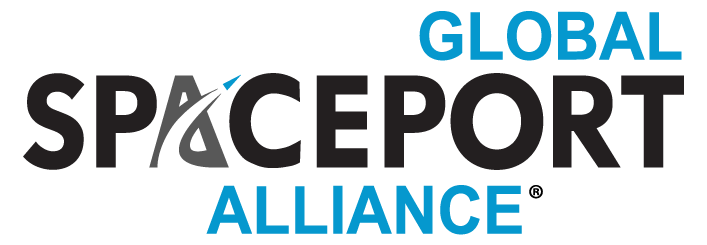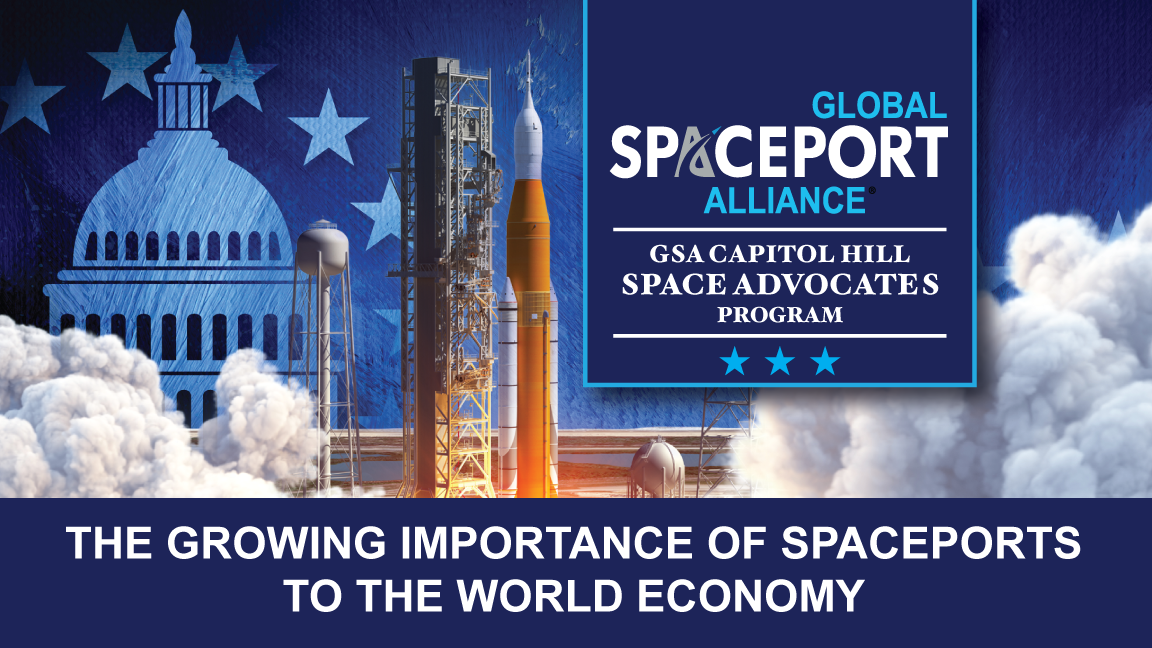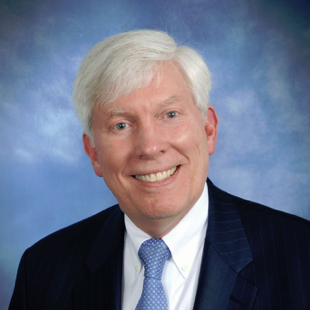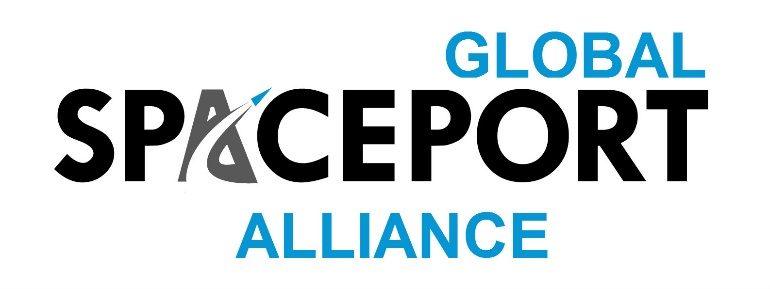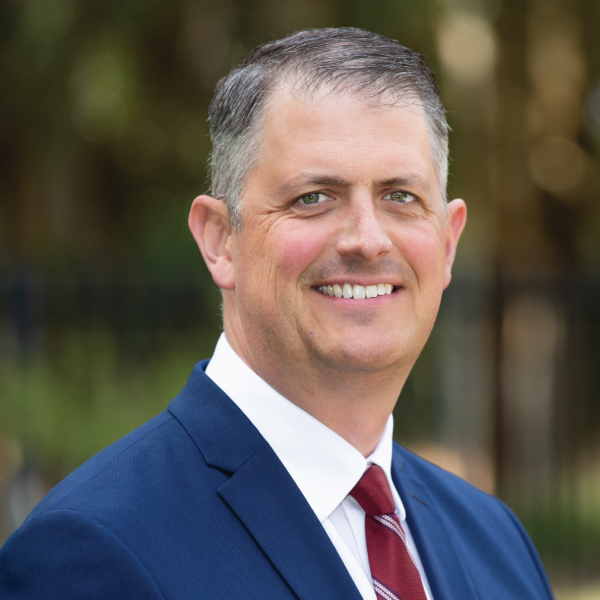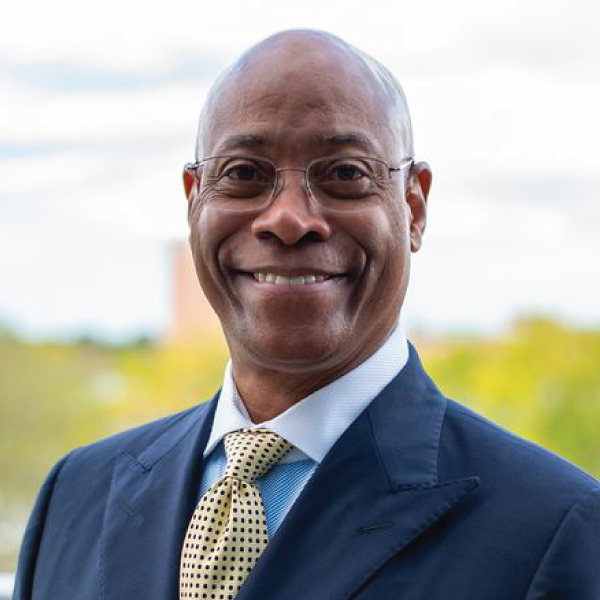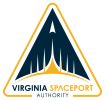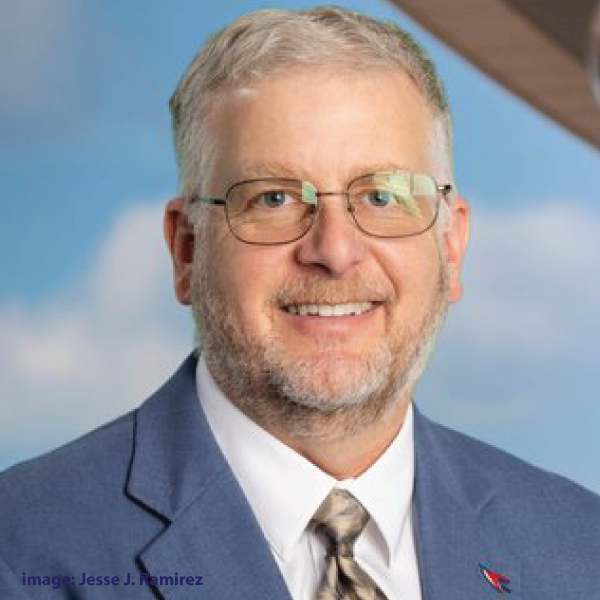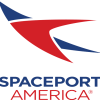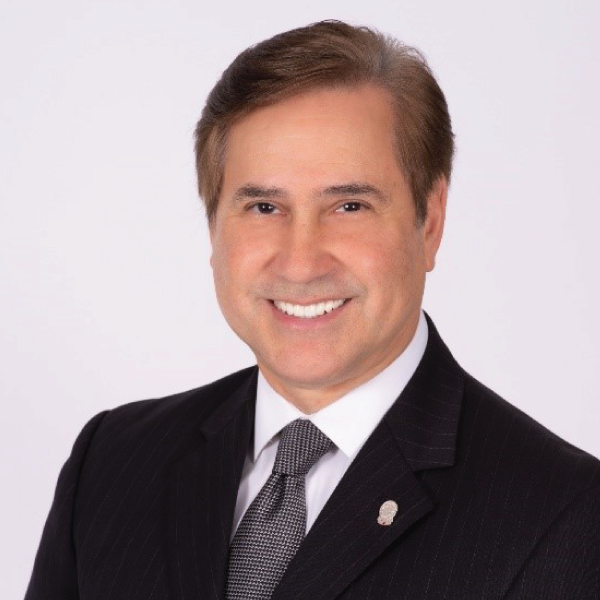GSA Capitol Hill Space Advocates Program
The Growing Importance of Spaceports to the World Economy
On June 12, 2024, the Global Spaceport Alliance went to Capitol Hill for the first time to inform members of Congress and their staffs about the growing importance of spaceports to the world economy. The day’s activities began with a session moderated by GSA Chairman Dr. George Nield. The program included representatives from four very successful spaceports, including Rob Long, CEO of Space Florida; retired Major General Ted Mercer, CEO and Executive Director of the Virginia Spaceport Authority; Scott McLaughlin, Executive Director of New Mexico Spaceport Authority at Spaceport America; and Arturo Machuca, Director of the Houston Spaceport. The meeting was held in the Rayburn House Office Building and attended by a capacity gathering of Hill staffers and interested industry observers.
Pictures and t-Minus episode with the recording are located below.
Discussed during the session were all of the exciting things happening in the commercial space arena worldwide, such as the increase in the number of launches and human space flights, the growth of the global space economy, and many other topics. Dr. Nield articulated some of the areas where GSA feels that Congress could really help in terms of support for spaceports and continuing the growth in the global space economy. Specifically, Dr. Nield summarized the provisions of the Commercial Spaceflight Operations Act, a proposed bill that he has developed. The provisions include:
- The establishment of a Commercial Space Transportation Administration, where GSA recommends moving the office of commercial space transportation out from under the FAA and having it report directly to the Secretary of Transportation at DOT.
- Creation of a commercial spaceflight research alliance that is inclusive, international in scope, and very collaborative. This alliance would work on issues particularly important to commercial space, as opposed to what the Department of Defense and NASA do in their respective sectors.
- Adoption of a National Spaceport Policy that would support the development of a network of spaceports, encompassing those owned and operated by the government, commercial spaceports, and privately owned and operated launch and landing sites. This policy would be a significant step towards not only sustaining the growth of the global space economy, but also ensuring access to space for all users, and it could bring about substantial benefits.
- Promotion of spaceport infrastructure funding, whether from government grants or private sources, given how important infrastructure is to all modes of transportation,
- Improving human space flight training by allowing people to buy tickets to fly in the back seat of high performance or former military aircraft. That is something that is allowed in other countries, and NASA continues to use such aircraft to train its astronauts. The policies should be changed to allow that type of training to be done commercially in the United States.
- Establishment of a goal to support the development of point to point transportation, with all the potential benefits that will have for our international spaceport community.
Click the buttons for the complete draft of the Commercial Spaceflight Operations Act:
Following the Hill briefing, the delegation of spaceport executives joined Dr. Nield in four meetings with members of Congress and their staffs. Dr. Nield led the discussions, in which he primarily shared the provisions of his Commercial Spaceflight Operations Act. The group first met with Rep. Brian Babin (R-TX), Chairman of the House Subcommittee on Space and Aeronautics. Senior staff of the Subcommittee Brent Blevins and Tom Hammond joined the meeting. Rep. Babin showed keen interest and expressed his strong support for commercial space activities. The delegation next met with staffers from Rep. Eric Sorensen (D-IL), the Ranking Member of the Subcommittee on Space and Aeronautics, and Rep. Gabe Vasquez (D-NM), whose congressional district includes Spaceport America. Finally, the group met with Rep. Bill Posey (R-FL), who serves on the House Subcommittee on Space and Aeronautics and whose congressional district includes NASA Kennedy Space Center. Rep. Posey was very interested in our legislative initiative and was particularly supportive of the provision on commercial human spaceflight training.
Overall, this was a very successful day for GSA and its members and supporters. GSA is committed to continuing its engagement with government decision makers and other stakeholders and plan to organize similar events in the future.
ABOUT THE CAPITAL HILL EVENT
Morgan Stanley recently projected that the space economy would grow to $1 Trillion by 2040. Contributing to this growth is the rise of spaceports across the United States and worldwide. The FAA has licensed 14 spaceports in recent years – with more applications in process. These facilities not only provide, or will provide, launch and re-entry sites for an expanding commercial space sector but also foster innovation and economic growth in the regions they serve. By distributing launch capabilities beyond traditional hubs, spaceports alleviate congestion and cater to the diverse needs of various space constituencies. Ultimately, the growth of spaceports strengthens the U.S. position as a leader in space commerce and positions it to capitalize on the vast potential of the burgeoning commercial space economy.
In this program, the Global Spaceport Alliance will host a panel of spaceport operators to discuss the value that their facilities bring to the regions they serve. They will also speak to their challenges in establishing a firm foothold in the national economy. For example, there is a need for a clear national spaceport policy that would provide funding for spaceport infrastructure, just as we have done for airports, seaports, railways, and highways. The panel will also discuss potential changes to laws, policies, and regulations that would provide support for commercial space transportation research, human spaceflight training, and prospects for point-to-point transportation through space.
PANEL
- Moderator: Dr. George Nield, GSA Chair
- Rob Long, CEO, Space Florida
- Maj. Gen. (Retired) Ted Mercer, CEO and Executive Director, Virginia Spaceport Authority
- Scott McLaughlin, Executive Director, Spaceport America
- Arturo Machuca, Director, Houston Spaceport
NEWS
ABOUT GLOBAL SPACEPORT ALLIANCE
Established in 2015, the Global Spaceport Alliance has become the largest network of spaceports in the world. Members include spaceport operators, suppliers, and government and academic entities involved in the commercial space sector. GSA offers members timely access to information, the ability to engage with key decision makers, and the opportunity to participate in working groups targeting specific areas of interest to the spaceport ecosystem.
